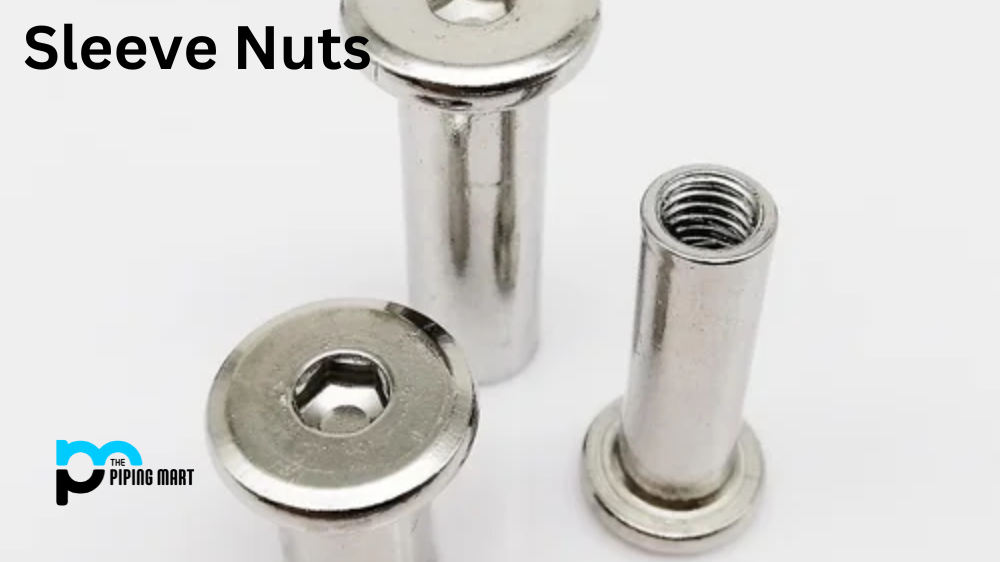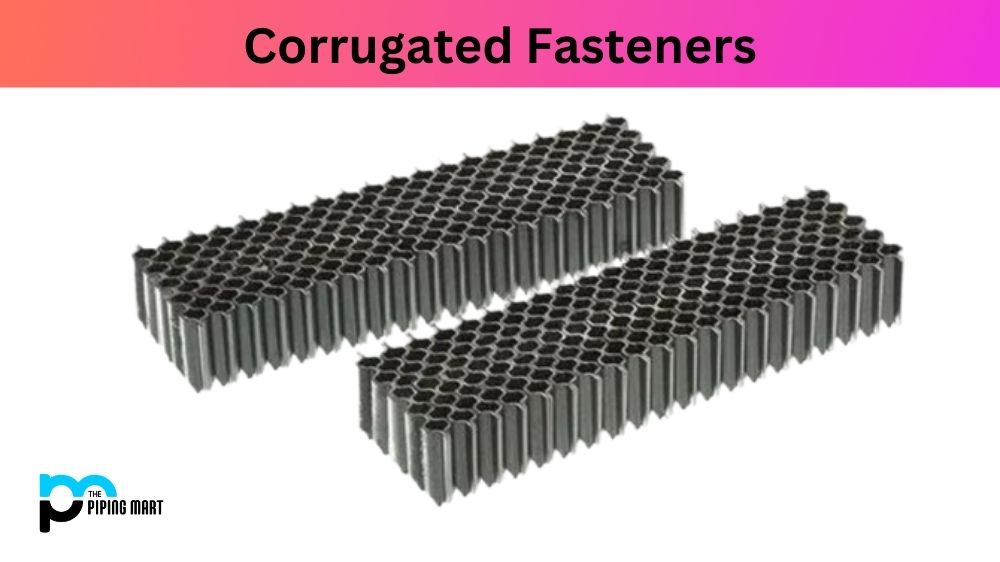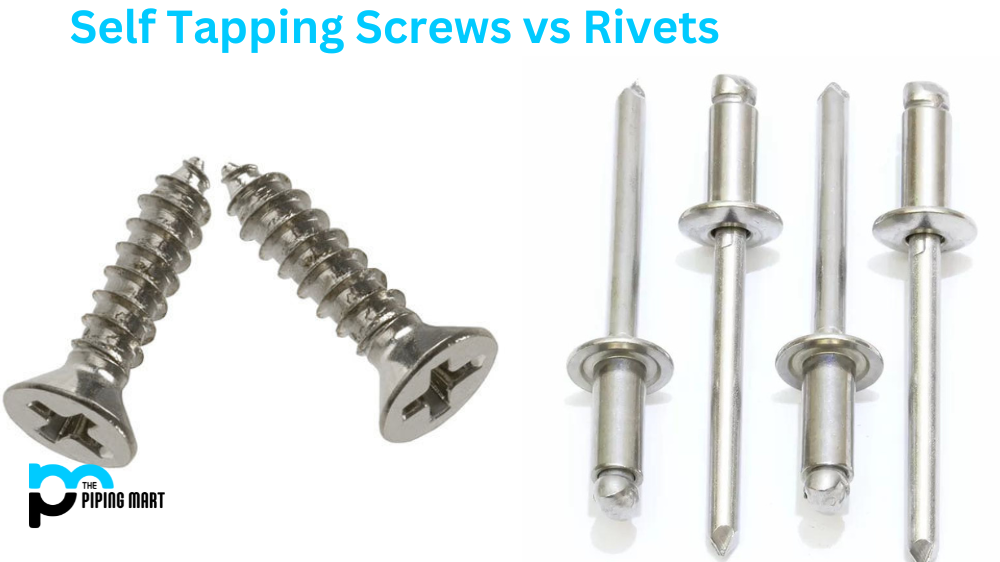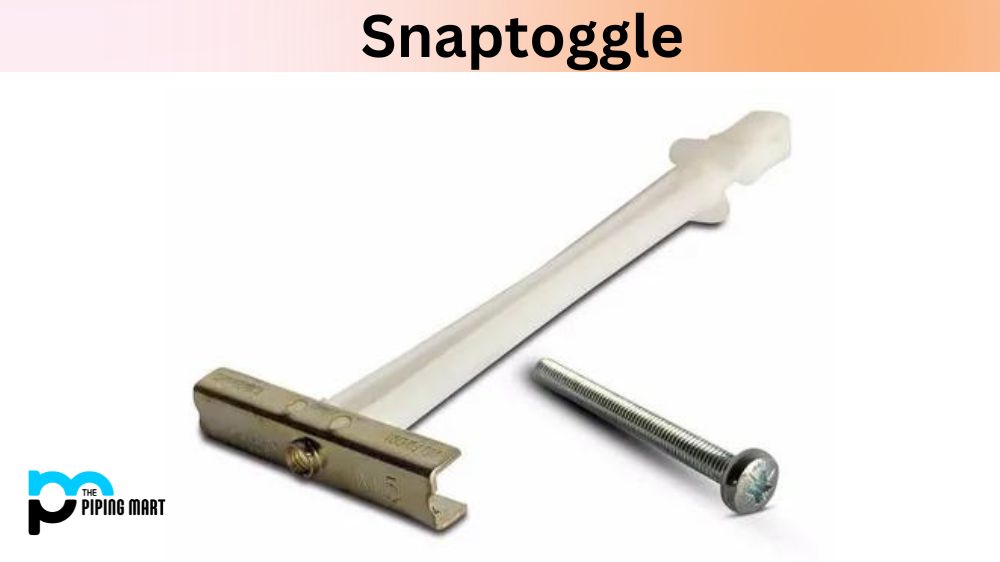Sleeve nuts are commonly used in fastening systems as they are essential in connecting two or more components. Although their small size may seem insignificant, sleeve nuts are powerful tools vital in ensuring a fastening system’s stability. In this blog post, we will discover the importance of sleeve nuts in fastening systems, their various types, how to select the right sleeve nut, and finally, their advantages.
What is a Sleeve Nut?
A sleeve nut is a hollow fastener that is cylindrical in shape and has both internal and external threads. Its design allows it to slip onto a bolt and is tightened with another nut, providing a secure connection between two or more components. The hollow structure of the sleeve nuts also allows for wires or cables to pass through, making them an ideal choice for fastening applications that include electrical components.
Sleeve nuts are fasteners that have been gaining popularity in recent years due to their unique design and functionality. These nuts consist of a cylindrical body with internal threads, making them perfect for attaching objects to bolts or screws.
One of the main benefits of sleeve nuts is their ability to provide strong and secure connections even in applications with limited space. The cylindrical shape allows for more surface contact than traditional hexagon-shaped nuts.
Moreover, sleeve nuts eliminate the need for separate washers, as the flanged base provides increased stability and prevents loosening under high vibrations. This saves time during installation and makes them ideal for use in machinery or equipment that produces excessive shaking or movement.
Types of Sleeve Nuts:
Sleeve nuts come in different shapes and sizes to accommodate different fastening applications. The three main types of sleeve nuts are regular, flanged, and knurled. Regular sleeve nuts are the most common type and come in standard thread sizes. Flanged sleeve nuts help prevent movement of the screw head and allow for more extensive mating surfaces, making them useful in heavy-duty applications. Knurled sleeve nuts have ridges on the outside surface that provide a non-slip grip, making them an ideal choice for use in applications that require manual tightening.
Selecting the Right Sleeve Nut:
Selecting the right sleeve nut is crucial in ensuring the proper functioning of the fastening system. Factors such as the application’s load capacity, the material of the components being connected, and environmental conditions should be considered when selecting the appropriate sleeve nut. Choosing the correct size, thread pitch, and length is essential to ensure that the sleeve nut’s performance is optimized.
Advantages of Sleeve Nuts:
Sleeve nuts have several benefits, making them a popular choice in many industries:
- Installing sleeve nuts is quick and easy, reducing downtime and increasing productivity.
- They provide a strong and secure connection between the components, ensuring performance and stability.
- Their hollow structure allows wiring or cabling to pass through, making them ideal for various electrical systems.
- They are readily available in different shapes and sizes, making them an excellent option for many fastening applications.
Conclusion:
In conclusion, sleeve nuts may be small but critical in fastening systems. Their design allows for quick and easy installation, strong and secure connections, and the ability to accommodate wirings and cables. When selecting the right sleeve nut, it’s crucial to consider factors such as load capacity, material, and environmental conditions. With the right sleeve nut, you can optimize your fastening system’s performance and ensure stability and safety in various applications.
Sakshee is a talented blogger, with a particular focus on the Business and Metal Industry. She is passionate about sharing her insights on various metal products and helping professionals to make a better decisions.




